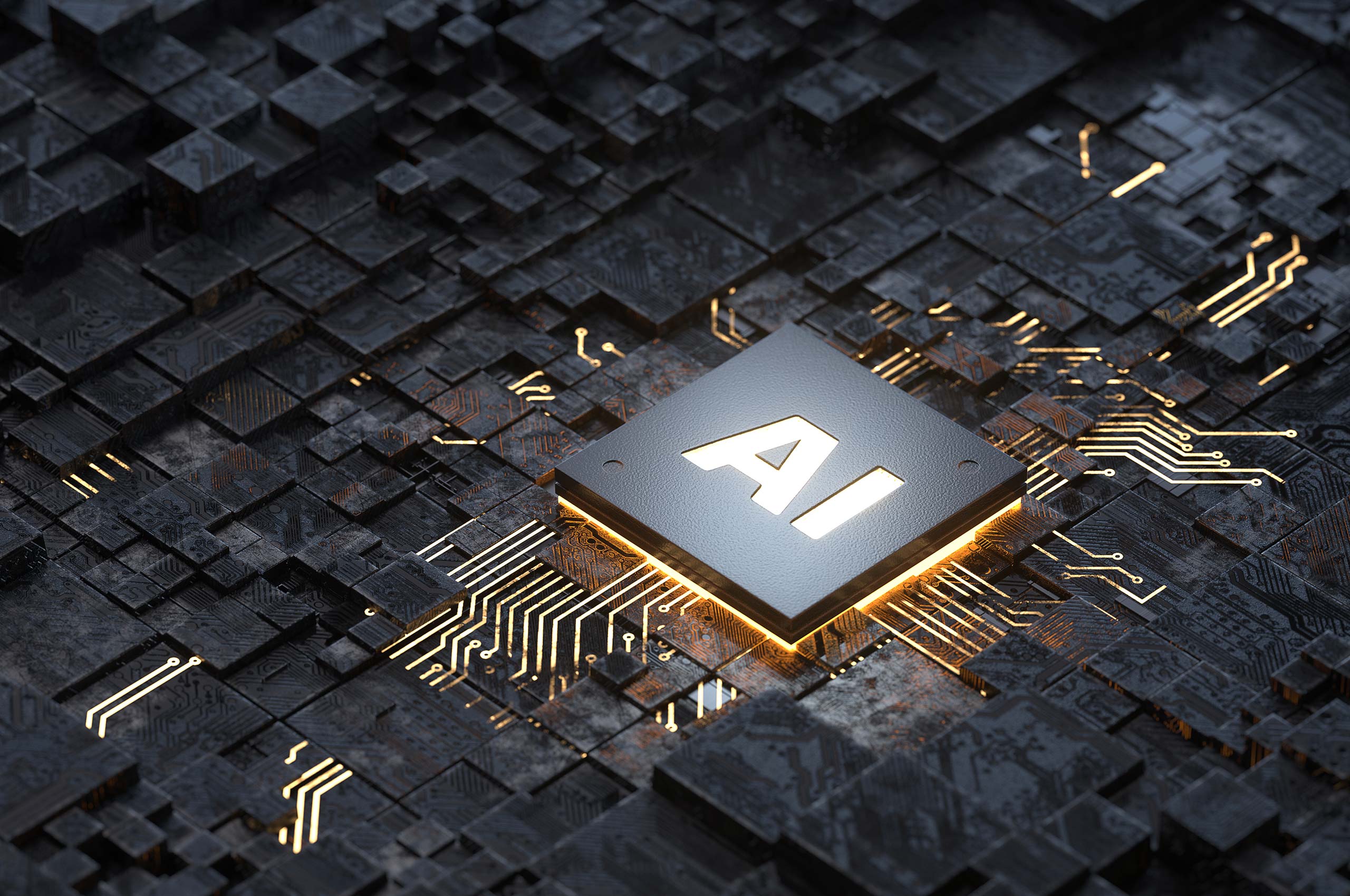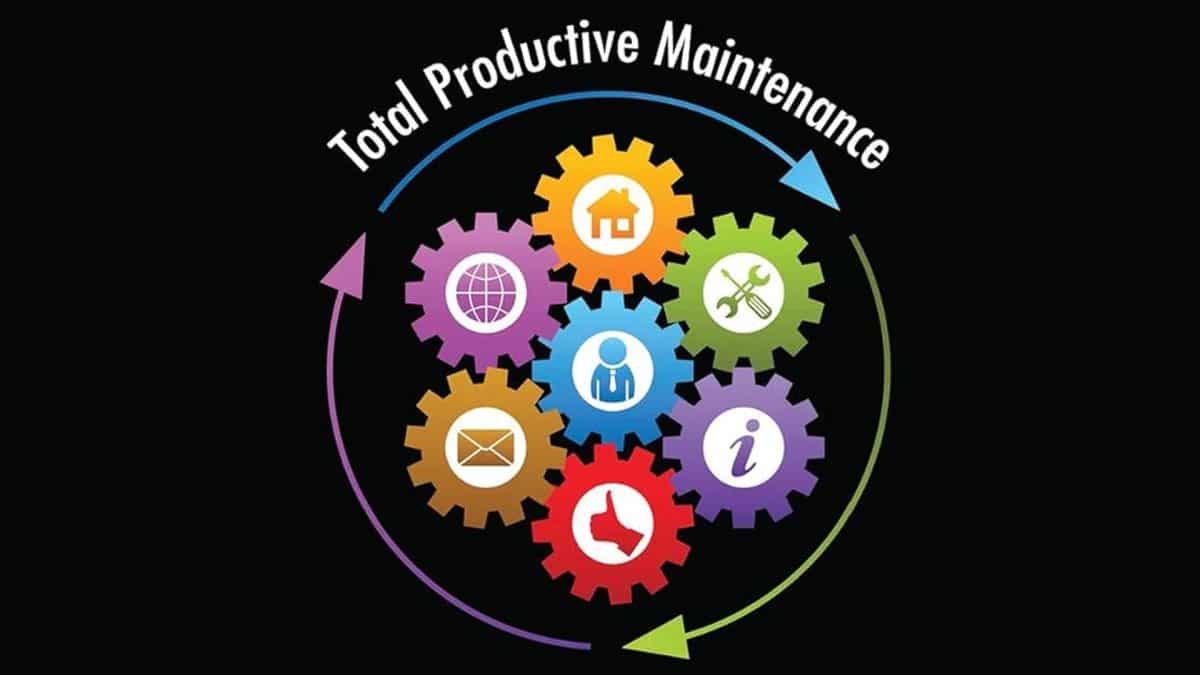November 12, 2024
Speakers:
Vitor Domingos: Hitachi Digital Services Lead Solution Architect and Evangelist in EMEA, Webinar Moderator.
Rohan Kulkarni: Practice Lead Healthcare and Life Sciences at HFS Research.
Kesava Dinakaran: CEO and Co-founder of Luminai.
Paul Watson: Global Head of Healthcare and Life Sciences at Hitachi Digital Services.
Key Takeaways:
AI and GenAI holds immense potential to revolutionize healthcare by addressing critical challenges and improving patient experiences. While focusing on administrative tasks currently, the technology is evolving to assist with clinical decision support and workflow optimization. Ethical considerations, data privacy, and responsible implementation are crucial to ensure patient safety and trust. The future of AI-driven healthcare envisions a more proactive, personalized, and efficient system that empowers both patients and healthcare professionals.
Paul Watson, Global Head of Healthcare and Life Sciences at Hitachi Digital Services, shares his insights on how AI is transforming the healthcare sector:
Focus on Practical Application and Actionable Insights:
- Hitachi Digital Services is focused on transitioning from AI-driven intelligence to AI-driven action. We are moving away from simply using AI to provide data and insights, and are now concentrating on how these insights can be translated into efficient actions that benefit all stakeholders in the healthcare chain.
- We understand the importance of finding the “sweet spot” where various technologies intersect to unlock productivity and efficiency. This integrated approach involves using AI to enhance tasks like note-taking and decision-making, leading to a more seamless and timely patient care journey.
AI as a Tool for Augmenting, Not Replacing, Healthcare Professionals:
- AI should be used to enhance the work of healthcare professionals, not to replace them. It’s about the support on the “standard work” of clinicians, allowing them to focus their time and expertise on delivering the best possible patient care.
- Whilst there is fear and doubt surrounding AI’s potential impact on the healthcare workforce, AI should be seen as a tool for augmentation, freeing up valuable clinician time by automating tasks like updating electronic medical records and handling administrative burdens.
- AI should not add to the workload of healthcare professionals. It should instead streamline processes and ease burdens, allowing clinicians to dedicate more time to direct patient care.
Emphasis on Collaboration and Co-creation:
- Hitachi Digital Services is committed to working collaboratively with customers to co-create new healthcare processes that leverage AI technology effectively.
- Instead of just fixing existing problems, we aim to reimagine the future of healthcare by looking two or three steps ahead.
- The adoption of AI in healthcare can be slow and complex, but we remain optimistic about its potential to significantly improve patient experiences and outcomes.
Prediction for the Future of AI in Healthcare:
- There will be shift towards a “digital front door” in healthcare within the next five years.
- This concept involves technology playing a more prominent role in the initial stages of patient care, potentially incorporating AI-powered diagnostics and personalized health recommendations delivered through devices and platforms integrated into patients’ daily lives.
Specific Examples of AI Application in Healthcare:
- Clinical Decision Support: the use of AI for real-time data analysis, providing insights to clinicians to support decision-making in situations like emergency department admissions and determining the likelihood of readmission.
- Workflow Optimization: AI will play a key role in automating administrative tasks and optimizing workflows, such as scheduling procedures, booking pharmacotherapy, and allocating resources based on real-time data analysis.
- Patient Engagement and Monitoring: there will be a focus on AI-powered tools for patient engagement, such as personalized health recommendations, virtual assistants for symptom tracking, and remote monitoring systems.
Impactful Quotes:
“So, a lot of what we did originally was look at how we can use more traditional forms of AI and machine learning to really consume uh real time data from the system and provide insights to staff in real time to aid their decision- making.”
“…actually moving from that now we have decisions how do we turn that into action and then how do we make those actions happen more efficiently for all the stakeholders in the care chain. So actually we’re moving away from just that sort of draw on AI to give us intelligence but then thinking about actually now how does it actually affect action uh as officials”
“I think there are too many shortages in both clinical and administrative teams today. Uh there’s probably a lot of unnecessary work as well. So part of this is about how do you uh increase the value generated by each member of staff actually by not doing the things they shouldn’t be doing and focusing them they’re at time on high value activities.”
1. How is Generative AI currently being used in Healthcare?
Generative AI is being used in healthcare primarily in two ways:
- Administrative tasks: AI can automate tasks such as claims processing, customer service, and prior authorizations, freeing up healthcare professionals’ time.
- Clinical decision support: While still in early stages, AI is being used to assist with diagnostics by transcribing patient-physician conversations and providing additional insights.
2. How can AI reduce the administrative burden on Healthcare providers?
AI can automate many time-consuming administrative tasks that clinicians currently handle, such as:
- Data entry
- Scheduling
- Prior authorization requests
- Billing and coding
By reducing this burden, healthcare providers can spend more time on direct patient care.
3. How can AI be used to enhance clinical decision-making without replacing the clinician’s judgment?
AI can be used to provide clinicians with rapid access to relevant information, such as:
- Patient history and medical records
- Latest research and clinical guidelines
- Potential risk factors and complications
This information can help clinicians make more informed decisions, but ultimately, the final decision remains with the healthcare professional.
4. How do AI systems handle complex or unusual patient cases?
AI systems are trained on large datasets of patient information, but there will always be cases that are more complex or unusual. In these situations, AI systems should be designed to:
- Flag cases for human review
- Provide explanations for their recommendations
- Defer to the clinician’s judgment
5. What are the ethical considerations surrounding the use of AI in Healthcare?
Key ethical considerations include:
- Data privacy and security: Ensuring the secure handling of sensitive patient information.
- Bias and fairness: Ensuring AI models are trained on diverse datasets to avoid bias.
- Transparency and explainability: Understanding how AI models make decisions and ensuring their recommendations are understandable.
- Human oversight: Maintaining human control over AI systems and ensuring healthcare professionals remain responsible for patient care.
6. Will AI replace healthcare workers?
The consensus is that AI will augment, not replace, healthcare workers. AI can automate tasks and provide insights, but it cannot replace the human judgment, empathy, and critical thinking skills required in healthcare.
7. How can healthcare organizations overcome the challenges of adopting AI?
Successful AI adoption requires:
- Focusing on user needs: Designing solutions that address the specific challenges faced by healthcare professionals.
- Addressing concerns about trust and disruption: Educating stakeholders about AI and its benefits, and ensuring human oversight is maintained.
- Prioritizing privacy and security: Implementing robust measures to protect patient data.
8. What is the long-term vision for AI in Healthcare?
The long-term vision for AI in healthcare includes:
- Proactive and personalized care: Using AI to predict and prevent health issues before they arise.
- Enhanced access to care: Expanding access to healthcare services through telemedicine and remote monitoring powered by AI.
- Improved health outcomes and efficiency: Optimizing healthcare delivery and making the system more efficient and effective for both patients and providers.
Audio Player



